|
‘When a flower doesn’t bloom, you fix the environment in which the flower grows, not the flower itself.’ (Alexander Den Heijer) It was the first time I’d led a workshop for a UK regional police force this week, involving a diverse diagonal slice of participants ranging from inspector to community support officer, human resources to internal investigator. The focus was on leading and influencing change and transition, particularly in relation to trauma-informed practice (TIP) within the police force as a whole. The core elements of a TIP approach are: safety, trust, choice, collaboration and empowerment. At heart, it’s about humanising an organisational culture: putting people first. One of the risks we identified in a highly-regulated organisation, and one in which a key role is by definition enforcement, is how to avoid becoming so driven by rigid bureaucratic policies, procedures, systems and practices that the people, organisation and those it aims to serve become lost, invisible, pathologised or dehumanised. This risk is amplified by pressures and stresses of working under constant political scrutiny, in the public-media spotlight and with limited resources to address an increasingly complex range of demands and relationships. I was humbled by their expertise and willingness to learn. At the same time, I had an underlying sense, at times, of a group of committed individuals struggling to navigate and make headway in such a structured and complex environment. A solution will lay in developing shared-resourcefulness alongside resilience: enabling psychological safety; building trust between colleagues at different levels and in different teams; offering choice where decisions are negotiable; working collaboratively to create fresh synergies; enabling one-another to succeed.
12 Comments
‘Empathy is about finding echoes of another person in yourself.’ (Mohsin Hamid) I remember Deryck Sheriffs, an inspiring South African lecturer, leading a seminar on, ‘Theology and Emotion in the Psalms’. He encouraged us, as students, to consider that there’s a critical distinction between propositional truth and pastoral response. Both are important. They are often intertwined. And we need to recognise which is which when reading a text. We must pay attention to e.g. genre; context; co-text; who is speaking; nature of relationship; underlying intention. I’ve noticed parallels in all kinds of communications over the years. Confusion and tension can arise when people speak and respond in conflicting relational modes. We could broaden this principle by distinguishing between a thinking and feeling orientation. If a person speaks in feeling mode and receives a thinking-mode response (or vice versa), they may feel hurt, unheard or frustrated. Here’s an example to illustrate this point. Person 1: ‘I wish the hospital staff would speak to me directly rather than through my carers.’ Person 2 (thinking mode): ‘The staff are very busy and it’s easiest for them to speak to your carers who can then explain everything to you.’ Person 3 (feeling mode): ‘I imagine that could feel quite isolating for you. What would you like us to do?’ The latter is grounded in empathy. ‘It is not power that corrupts but fear. Fear of losing power corrupts those who wield it and fear of the scourge of power corrupts those who are subject to it.’ (Aung San Suu Kyi) I ran a 3-day workshop in the Philippines for students who were about to graduate from a university for the poor. As we talked about their role and career aspirations for the future, I invited them to do role-plays that would, I thought, enable them to prepare for interviews and increase their chances of success. They smiled, albeit kindly, at my naivety. In role play after role play, with typical Filipino creativity and playfulness, the students depicted scenarios in which getting a job had nothing to do with personal merit and everything to do with whom the applicant knows or is connected to, and what level of contribution for expenses (bribe) the applicant is willing and able to pay to those conducting the interviews and making the appointment decisions. I felt astonished and depressed. Endemic corruption saps the life and energy out of people and societies and deprives them of so much talent and potential. I was intrigued to explore this further so asked the students how much money they would need to pay to get a job. They responded that such forms of corruption are culturally-coded euphemistically so that, in effect, everyone knows what game is being played without anyone explicitly admitting it. For instance, if a student were to be invited to an interview at 2.00pm, it means they will need to pay 20k pesos. If at 4.00pm, then 40k pesos. If they don’t turn up with the required cash, or are not connected to a suitable sponsor, they will be offered a post-rationalisation (excuse) for their apparent failure. This encounter was certainly an eye-opener for me. We moved on to look at other ways in which corruption manifests itself in societies around the world; e.g. in payment of financial incentives (backhanders) to secure specific political policies, judicial outcomes or commercial contracts. Media manipulation, attacks on press freedom, silencing of political opponents, undermining of democratic structures and civil society, monopolisation of markets: all undermine social and economic accountability and opportunity. The biggest challenge when corruption becomes thoroughly pervasive is where and to whom to go to address it. Speaking truth to ourselves can be hard enough to endure. Speaking truth to power can lead to alienation…or to a bullet. ‘Grief is not a disorder, a disease or a sign of weakness. It is an emotional, physical and spiritual necessity, the price you pay for love. The only cure for grief is to grieve.’ (Earl Grollman) Ambushed by grief. A graphic book title and a profound way to convey the experience of the experience. Grief can, at times, take us completely by surprise, impacting us suddenly and as if out of nowhere; leaving us breathless, broken and bleeding. My most traumatic grief experience was at age 18. I still re-experience it, like living in the vice-like grip of a terrible nightmare that stubbornly, agonisingly and tormentingly won’t let go. One of the best descriptions of grief I’ve ever read is a beautiful and painful personal expression of this phenomenon that, in the midst of such agonies, offers a picture of hope. It resonates with much of my own personal experience too. Only in more recent years have we begun to discover, perhaps to rediscover and to understand, the somatic dimensions and consequences of traumatic grief. The body certainly does keep the score. On Easter Saturday (a day that marks the existential time gap between Jesus’ death and his resurrection) this year, I visited a Christian community where one of its leaders shared a deeply evocative short video clip by Massive Attack. It captured and expressed feelings of denial, betrayal, pain, abandonment and death in such a way that left me stunned and speechless. We prayed for all who feel trapped in a perpetual state of dysthymia. ‘No matter how much we may think we have an accurate sense of ourselves, we are stymied by the fact that we are using our own interpretive filters to become aware of our own interpretive filters – the pedagogic equivalent of trying to see the back of one’s own head while looking in the bathroom mirror.’ (Stephen Brookfield) Critical reflection can enable a coach, and a client, to move beyond addressing an immediate issue – say, a challenge or an opportunity – that lays before them to consider themselves, the context(s) in which they find themselves and how it impacts on their relationship(s), what they (and others) perceive, how they (and others) construe it, what value they (and others) attribute to it and what they (and others) do (Pockett, Lindsey & Giles). We could think of this as a bit like stepping outside of a circle, the circle representing that which we have agreed – in the sense of giving conscious or subconscious assent – defines the nature, focus, scope and meaning of an issue, to explore what lays above, below and around that circle. A challenge lays in how to do this, how to disengage and disentangle ourselves enough to view ourselves, the context and the issue through fresh eyes. To assist us in this venture, Fook offers critically-reflective questions to enable us, and others, to step outside of the box. Here are some examples: What am I/the client assuming? How am I/the client influencing the situation? What preconceptions do I/the client have and how might these influence what I/the client do or interpret? How is my/the client’s presence making a difference? What sort(s) of power do I/the client have? Touching further on broader and embedded issues of power and privilege, Smith invites us to pose critical questions such as, Who benefits in this situation? and Whose voices are being omitted? Chan and Mak identify the potential for paradigm shifts and earthquakes in social-political structures if this is applied to practice: ‘(It) can liberate people from oppressive ideologies and empower them to resist social injustice.’ What have been your experiences of critical reflective practice? How did you do it? What difference did it make? ‘We're fascinated by the words – but where we meet is in the silence behind them.’ (Ram Dass) I remember my first experience of haggling over the price of a leather belt in a Palestinian marketplace. I was a teenager at the time and I found this approach to buying and selling novel and entertaining. The smiling street vendor played the game skilfully. I asked, ‘How much?’ to which he responded, '$6.’ ’$6?’ I replied, ‘I could get the same belt at another stall for $1. How about $2?’ ‘$2?’ He replied, ‘Please don’t insult me. It cost me more than that to make it. As a special deal, however, I’ll give it to you for $5.’ ‘$5?’ I replied, ‘The most I would pay for it is $4.’ ‘$4?’ He replied. ‘Don’t you realise I have a family and children to feed?!’ He grinned. We closed at $3. To a Westerner, where buying and selling is typically more transactional than relational, this toing and froing can feel like a manipulative game; frustrating, bordering on dishonest and time-wasting. That’s mostly because we tend to miss the underlying cultural meaning and purpose to this type of engagement. I met recently with an international team from USA, Netherlands, Jordan and South Africa. They are part of a Christian organisation and were keen to identify and work through some cross-cultural and relational challenges. I decided to share a short passage from the Bible with them, then to invite them to discuss what sense they made of it: “Jesus withdrew to the region of Tyre and Sidon. A Canaanite woman from that vicinity came to him, crying out, ‘Lord, Son of David, have mercy on me! My daughter is demon-possessed and suffering terribly.’ Jesus did not answer a word. So, his disciples came to him and urged him, ‘Send her away, for she keeps crying out after us.’ He answered, ‘I was sent only to the lost sheep of Israel.’ The woman came and knelt before him. ‘Lord, help me!’ she said. He replied, ‘It is not right to take the children’s bread and toss it to the dogs.’ ‘Yes it is, Lord,’ she said. ‘Even the dogs eat the crumbs that fall from their master’s table.” And now to the critical closing: “Then Jesus said to her, ‘Woman, you have great faith! Your request is granted.’ And her daughter was healed at that moment.” (Matthew 15:21-28) To the Westerner who views language and transactions in literal, linear, straight lines, Jesus’ initial responses to the woman are shocking. We take his opening action as his definitive stance. We don’t see the smile on his face or the glint in his eye, or understand the movement as the interaction progresses. We may assume the story is written to affirm the woman’s perseverance. We may think she has changed his mind. We are likely to miss the Semitic ritual of building or navigating a relationship. The Jordanian participant saw this immediately. The others looked surprised. (I must confess I didn’t understand this, too, until a Kurdish-Iranian friend had explained this dynamic to me). The cross-cultural implications are clear. If I judge your actions by unknowingly mis-inferring your intentions (being influenced subconsciously by my own cultural assumptions), all kinds of misunderstandings and tensions can arise. It cautions me-us to approach people and groups from different cultures with an open mind, a spirit of curiosity and a great deal of humility. Bottom line: We’re not only negotiating a price; we’re also negotiating a relationship. ‘Intuition is like reading a word without having to spell it out.’ (Agatha Christie) I had the privilege of training an inspiring, cross-cultural group of participants in South Africa, Rwanda and the UK this week who work in different roles in the same international non-governmental organisation (INGO). This online Action Learning Associates programme was designed to enable them to facilitate Action Learning sets (that is, groups) confidently and effectively. (If you’re unfamiliar with the concept of Action Learning, it’s a semi-structured, small-group, peer-coaching process that’s used widely in leadership and management development programmes and as part of wider organisation development (OD) initiatives). One of the areas we touched on during the training event is the value of drawing on intuition when facilitating groups. We could consider the facilitator’s role simply in terms of a series of tasks, e.g. introducing a meeting; leading a check-in; contracting ground-rules; guiding the group through the sequential steps of an Action Learning process; facilitating a review at the end. These are important elements that we learn to handle skilfully. At a deeper level, however, we can learn to tune into our intuition. This will help us to discern, for instance, unspoken issues; underlying group dynamics; or when a person-group is stuck or ready to move on. Intuition can feel mysterious, a sense of ‘knowing’ that we may experience bodily or as a feeling rather than as a rational concept in our mind. One of most mysterious experiences I had was when training a group of church and community leaders in Action Learning facilitation. When I first encountered one of the participants, the word ‘Ruth’ kept coming to mind. I mentioned this to him very tentatively and he looked astonished. Apparently, he was about to complete a PhD study on the book of Ruth in the Bible. I had no idea. For me, spiritual discernment sits close to intuition. I always pray deeply before coaching or facilitating a set. How do you draw on intuition in your own life and practice? I’d love to hear from you! ‘Sleight of hand, of course, is not magic, but a skilled use of distraction to keep the ‘mark’ from noticing the real act that is being done. It takes advantage of a natural tendency to follow the obvious and to miss the more important thing that is carefully obscured.’ (Colin Harris) Geopolitics is like a game of chess in which half the pieces are invisible and nothing is what it seems. Like a magician that tricks by misdirection, we can find our attention drawn to the person or the issue that lays immediately in front of our eyes and miss the vital background. In WW2, why did the USA use devastating nuclear weapons against Japan? To prevent further loss of American lives by avoiding having to invade the Japanese homeland? Maybe. To fire a shot across the bow of Stalin and the rapidly-expanding Soviet Union? Almost certainly. On 9/11, why did Al Qaeda attack the twin towers and other symbolic targets in the USA? To strike a blow against the ‘Great Satan’? Maybe. To provoke an over-reaction from the USA that would, itself (they hoped), radicalise Muslims worldwide against the liberal West? Almost certainly. In 2003, why did the USA and its allies invade Iraq? To remove Saddam Hussein? To eliminate an imagined risk of ‘weapons of mass destruction’? Maybe. To secure US' and allies’ future oil supplies against a rapidly-developing China and its projected energy demands? Almost certainly. In 2022, why did Russia brutally invade Ukraine? To restore the power and prestige of the Soviet empire? To defend pro-Russian East Ukraine from ‘Ukrainian aggression’? Maybe. To fire a shot across the bow of an eastward-expanding NATO and EU? Almost certainly. On October 7, why did Hamas attack Israel so murderously? To punish Israel for its oppression of Palestinian people? Maybe. To provoke an over-reaction from Israel that would, itself, stop Saudi and other Muslim states normalising relations with Israel? Almost certainly. Why has Israel since retaliated against Gaza with such overwhelming force? To destroy Hamas and its military capabilities? To secure the release of the remaining Israeli hostages? Maybe. To fire a shot across the bow of Iran, an ever-increasing threat in the Middle East? Almost certainly. ‘Curiosity killed the cat, but for a while I was the suspect.’ (Steven Wright) Action Learning facilitators sometimes feel anxious if there are prolonged periods of silence in a group, or if an individual is particularly quiet. They may assume, for instance, that the person is uninterested to engage with the group or the process. I had that experience once (online) where a participant sat throughout a round wearing headphones, nodding and swinging in his chair as if to music. When I asked if he had any questions, he clearly had no idea what the presenter had been talking about. I addressed this with him directly after the round, checked if there was anything he would need to be and feel more engaged, then agreed that he would leave the set. That said, there are a wide range of potential factors that may influence if and how a person engages in a set meeting and, at times, different reasons for the same participant during different rounds. I will list some of them here as possibilities: if a person has been sent to a set, rather than has chosen freely to join it; if there is formal or cultural hierarchy within the group; if there has been insufficient attention paid to agreeing ground-rules for psychological safety; if building relational understanding and trust has been neglected; if a person doesn’t like someone else in the group, or fears negative evaluation by others in the set; if a person lacks confidence. There are other possibilities too: if a person has an introverted preference and processes thoughts and feelings internally; if a person has a reflective personality and needs more time to think; if a person doesn’t feel competent with the language or jargon being used; if the person can’t think of a presenting issue or a question; if last time the person spoke up in a group meeting, it was a difficult experience or had negative consequences; if a person is preoccupied with issues or pressures outside of the meeting; if a person is distracted mentally or impacted emotionally by something that happened before the meeting, or is due to happen after it. So, what to do if a person is completely silent in a set? Here are some ideas, to be handled with sensitivity and, if appropriate, outside of the meeting: take a compassionate stance – there may be all kinds of reasons for the silence of which you are unaware; avoid making judgements – silence does not necessarily indicate disengagement; be curious – ask the person tentatively, without pressure, if any issues or questions are emerging for them; avoid making assumptions – ask the person what the silence means for them and if there’s anything they need; have an offline conversation with the person – if their silence persists for more than one meeting. ‘Hippopotomonstrosesquippedaliophobia is one of the longest words in the dictionary, and ironically, it means the fear of long words. It originally was referred to as Sesquipedalophobia but was changed at some point to sound more intimidating.’ (Yalda Safai) You couldn’t make it up. Who would create a word like that – and why? One theory is that all professional fields create their own jargon, partly as a convenient shorthand for people working in that field and partly as an implicit status symbol. After all, if I know what the words mean and you don’t, that places me on a pedestal. It signifies I’m an expert – and you’re not. I did some work with a professional UK charity that wanted to change its brand tone of voice. (There you go: a bit of brand jargon). 'Tone of voice' means something like 'organisational personality'. Essentially, they wanted to change the way they express themselves in order to change the way in which they are perceived and experienced by those they want to work with. As part of the change, they decided to write in ways that one might ordinarily speak. It’s one of those curious cultural things in English, like in some other languages too, that we tend to write in one way and speak in another, even using different words to mean the same thing. Spoken words tend to be simpler and shorter. So, they set about de-jargonising their written jargon. Here are some examples they used to illustrate this principle, replacing written language with spoken – request: ask; require: need; advise: tell; retain: keep; endeavour: try; terminate: end. This made their communications feel less formal and more personal and conversational; especially when they also used first and second person (I/we/you) pronouns and active voice. (See how I slipped in a bit of grammatical jargon there?). So, language is important. A change of language can reshape the ways in which people and groups perceive, experience and relate to us, and to one-another. Language carries subtle emotional and cultural associations too, influencing how we (and others) feel, what we believe – and how we are likely to respond. |
Nick WrightI'm a psychological coach, trainer and OD consultant. Curious to discover how can I help you? Get in touch! Like what you read? Simply enter your email address below to receive regular blog updates!
|

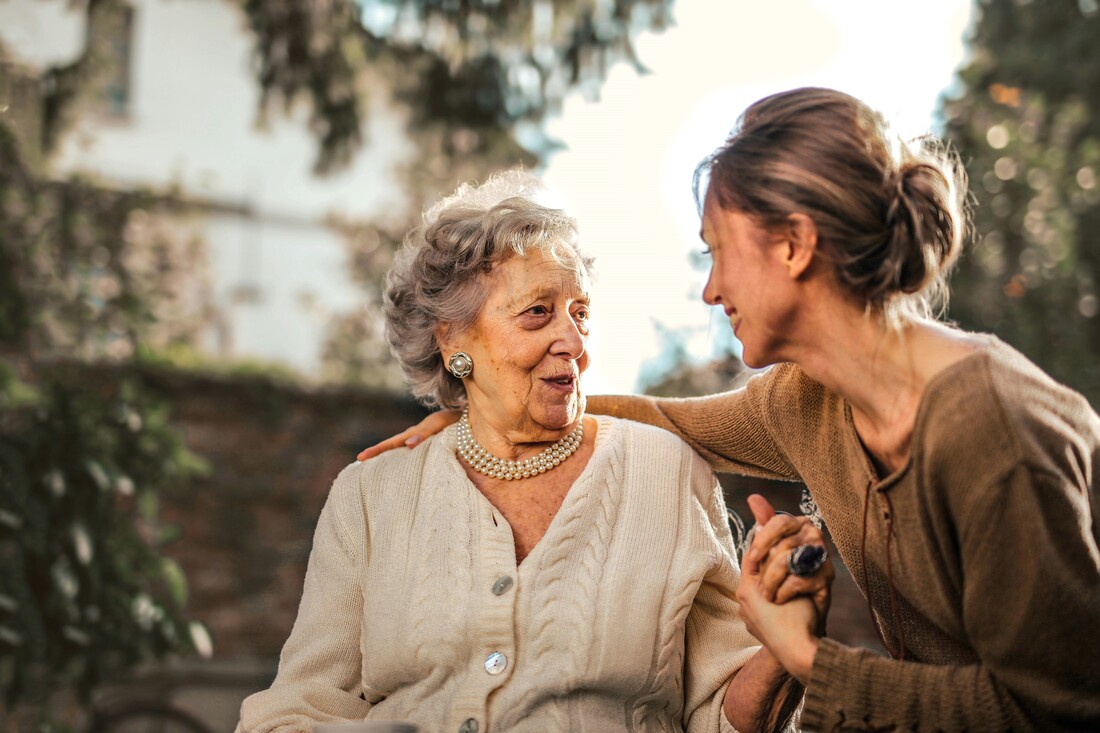

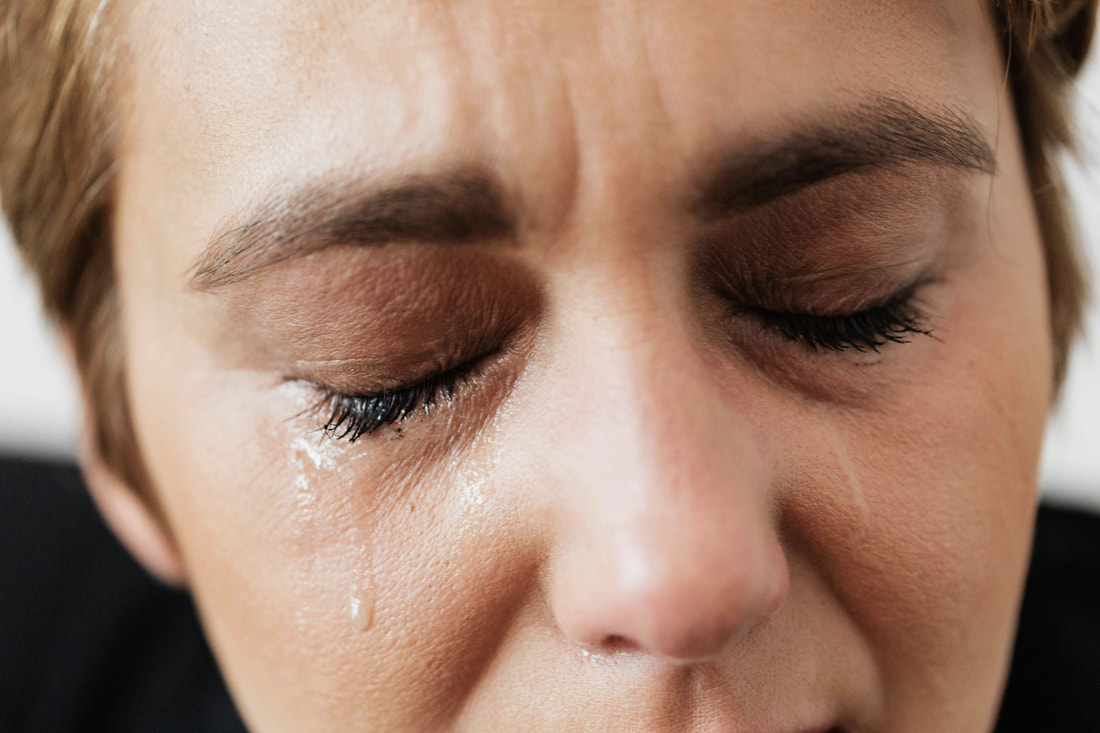

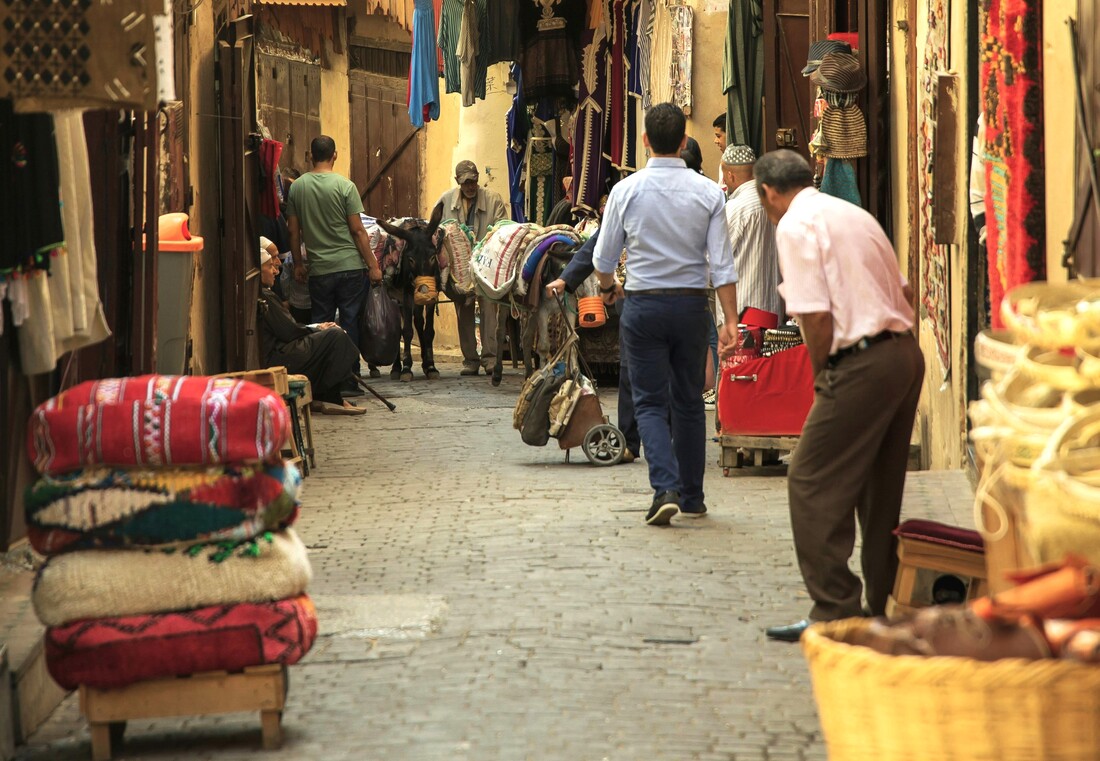
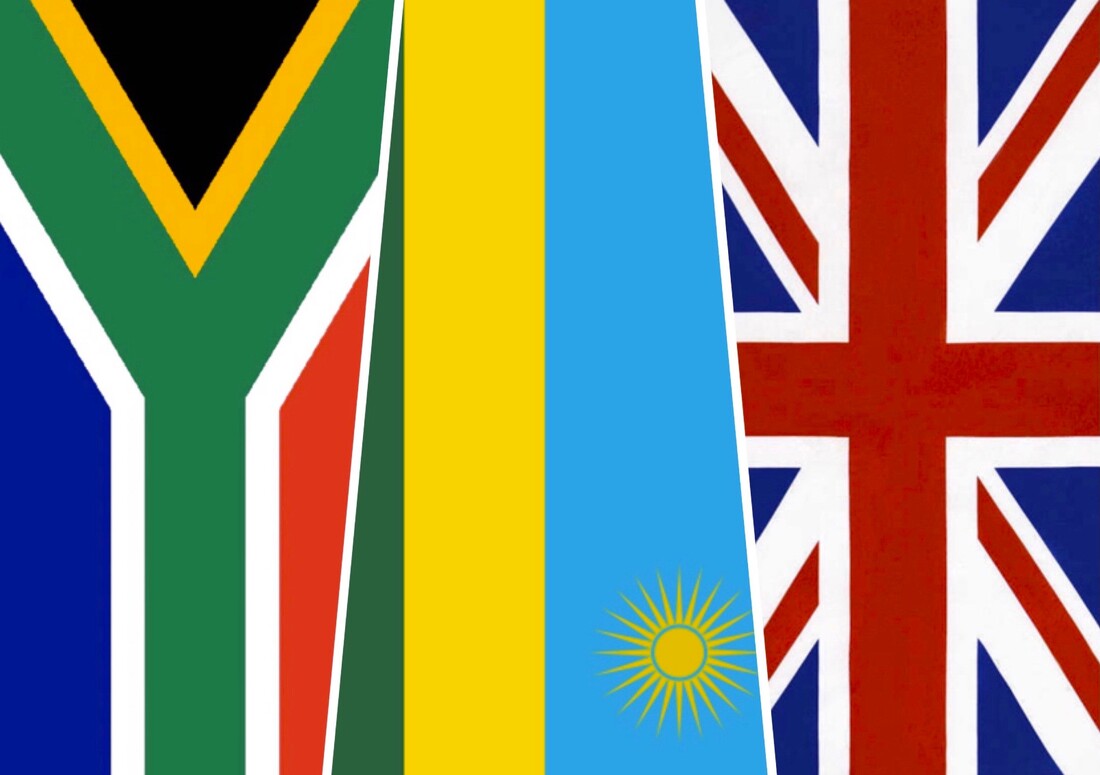

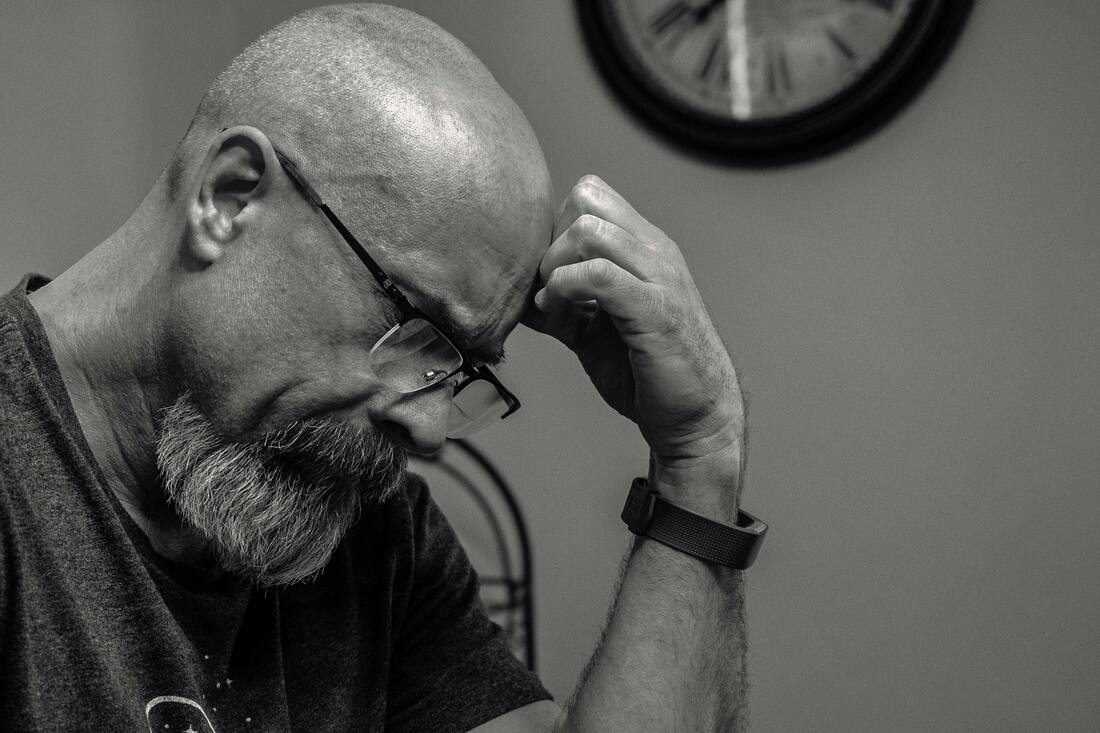
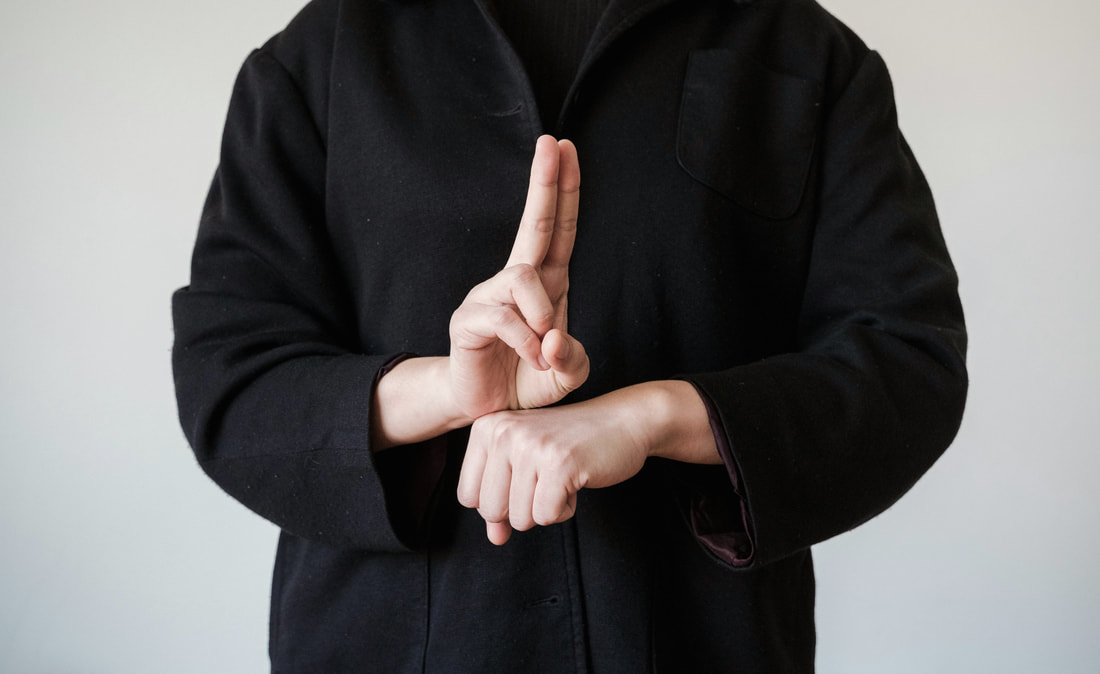



 RSS Feed
RSS Feed